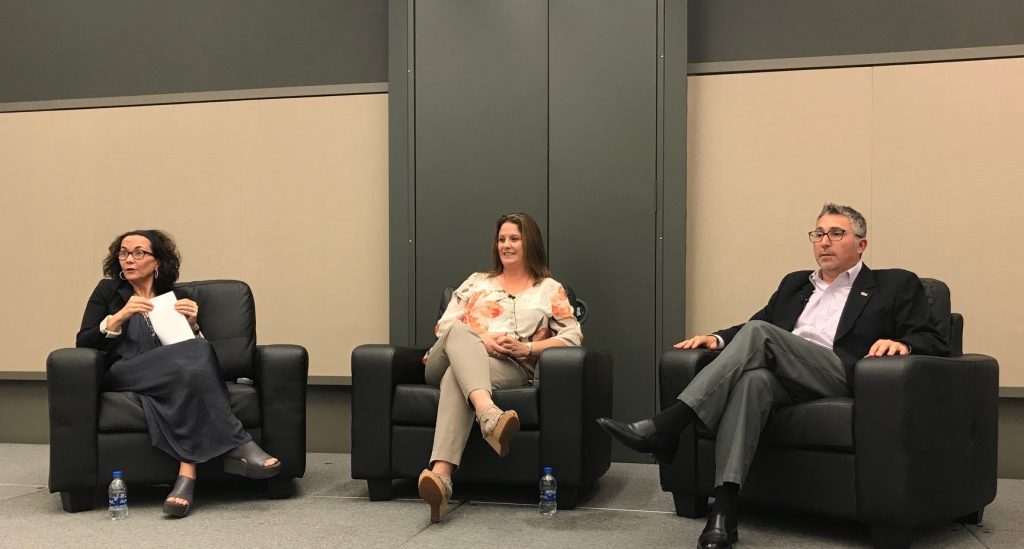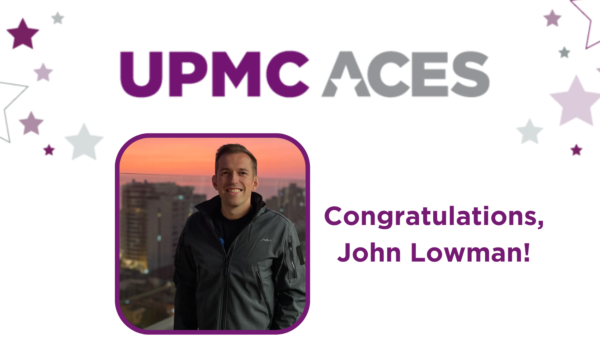UPMC Enterprises organized a panel of experts from venture capital and university tech transfer give advice on bringing technology from the lab to the marketplace during the Magee-Womens Research Summit in October.
Scientists and researchers considering commercializing their academic discoveries should know that it can take a year or longer of conversations and reviewing before a venture capital firm or other investor could be ready to pony up.
Even startups with the most promising science can expect to wait 12 months or more for the funding to flow as investors perform due diligence into financial projections, scientific evaluations, intellectual property reviews and more, said experts with experience taking scientific discoveries from concept to commercialization.
“It takes at least a year from first meeting to funding” for early-stage, science-based opportunities, said Tracy Warren, a venture capitalist and CEO of Astarte Medical Partners, a startup commercializing research that was spun out of Brigham and Women’s Hospital in Boston.

“Fundraising is slow. Building a business is slow. Nothing happens at the pace you want it to,” said Warren, who participated in a panel discussion at the Magee-Womens Research Summit in Pittsburgh.
The Summit, an international conference of top scientists, researchers, and corporate leaders, focused on women’s health. This inaugural conference was held Oct. 9-10 and culminated with the awarding of a $1 million prize to a research team from Magee-Womens Research Institute studying congenital heart disease.
Jeanne Cunicelli, Executive Vice President of UPMC Enterprises, moderated the panel, “Discovery to Commercialization – Accelerating the Journey.” Cunicelli spent years working in venture capital before coming to Pittsburgh to lead UPMC’s Translational Science commercialization efforts.
“I like that it takes a year,” Cunicelli said. “We study them, and they study us. It takes time for everyone to get comfortable.”
In addition to securing funding, Evan Facher, Vice Chancellor for Innovation and Entrepreneurship at the University of Pittsburgh and Director of Pitt’s Innovation Institute, said it’s important for academic researchers and inventors to have honest conversations about their expectations for involvement in the commercialization venture.
“Early on we try to set expectations with faculty, staff, and students who are interested in commercializing,” Facher said. Starting a company takes significant time, which could interfere with commitments to a university, he said.

That’s why many more of the discoveries that spin out of Pitt are licenses to larger companies, rather than startup companies, Facher said.
As Pitt works to accelerate the number of scientific discoveries it can spin out, Facher said the university’s relationship with UPMC Enterprises is key to bringing technology related to immunotherapy and other translational science opportunities to market.
Over the past year, UPMC and Pitt have entered into agreements to explore 13 opportunities, with many more in the pipeline. Some have led to licenses while others are still in the early stages of exploration and due diligence.
“Our portfolio covers the entire campus,” Facher said. “So, when we have a partner like UPMC, it helps us because we can’t be experts in everything.”



